Me We Do Be – Rich Habits
Discover the “rich habits” that will turn your life into a successful one.
What is a winning strategy? Why is it that some people take a dive, while some merely survive, and yet others thrive? What are the core characteristics that all great achievers have in common?
When setbacks hit — and they always do — there are three options. The first is to take a “dive” and let the problem become a permanent state. The second is to work back to the pre-disaster level and “survive.” But there is a third option. When a setback wakes up unrealized potential and one actually elevates higher than before, this is called “post-traumatic thriving.” There are powerful lessons to learn from those who thrive in the face of disaster.
My observations and research show that thriving starts with an adaptive mindset. Major disasters can usually be mapped onto a common cycle of prosperity, arrogance, disaster and recovery. Often, this pattern repeats until systematic dysfunction sets in. However, integrating “teachable” into the prosperity phase can break the cycle. Through openness to education, learning and change, thrivers remain teachable and are often able to avoid the pitfalls of arrogance to face disaster with creativity, strength and resilience.
Thrivers are also practical. In other words, they let go of what they can’t control and focus on what they can control. We can’t control the past, global economics or the weather, and we really have little or no control over other people. What we can control are things like what time we get up, what foods we put in our mouths, what we read and what we say. In other words, thrivers focus on a paced day-to-day effort and a set of distinct rituals and routines that appear small at first but together add up to a life of resilience, strength of character and success. I call those behaviours rich habits.
THE FOUR CORNERSTONES
Drawing on this recurring link between rich habits and post-traumatic thriving, my research team and I conducted a survey of over 5,000 people in the United States, Canada, the United Kingdom and Australia. We statistically correlated dozens of rich habits with various measures of success and fulfillment. We also integrated a number of classic behavioural studies and my observations from working in the field on disaster recovery cases around the world.
To organize the data and categorize our findings, we utilized an assessment framework that I have used for years as a consultant. I use it because it is complete, balanced and simple. This framework can be summed up in four words: Me We Do Be. I have used the four cornerstones of Me We Do Be in my work with billionaires and CEOs, as well as the homeless.
The Me habits are those habits that build intelligence and wisdom. They include reading, studying, meditating, praying or taking nature walks. This is where we clarify where we stand intellectually, morally and spiritually, and where we develop a solid, clearly articulated vision of the future. In practising Me habits, we reject arrogance, remain teachable and stay relevant in our chosen field. In our research we found that avid readers dominate in all categories of income, education and happiness. We also found that those who enjoy daily solitude are 92 per cent more likely to have an advanced college degree.
The We habits are where we develop and maintain relationships, stay connected, elevate our group and express ourselves. These habits include being kind, sending thank-you notes, truly listening, and embracing our unique style and culture. In our research, we found that those who enjoy dinner as a family are 41 per cent more likely to be happy and 43 per cent more likely to earn over $100,000 per year. Those who tend to smile and speak positively are 43.5 per cent more likely to be happy and 46 per cent more likely to be millionaires. We habits also include simply doing something fun with others. Fun can act like as the glue that keeps a couple, family or company together during difficult times.
Our Do habits build productivity. To be productive, we are conscientious with our land, with our home and workspaces, our labour, our physical health and our financial capital. Examples of Do habits include eliminating clutter, saving money and caring for our health through exercise and nutrition. Our research found that those who exercise — even for just 15 minutes a day — clearly excel in all categories of success. Along with our own bodies, our surroundings make a huge difference in both life and business. Believe it or not, those who make their beds are 207 per cent more likely to become millionaires.
The Be habits are where we build the future by developing and setting goals, managing our time and documenting our achievements. Ultimately, in this cornerstone, we contribute to building something bigger than ourselves. We are not human doings — we are human beings. In the Be cornerstone we use our time to create something timeless and to build our personal legacy. Everyone is every day building a legacy — whether good or bad. Those who have clear, written goals are 74.9 per cent more likely to have a very satisfying romantic life as opposed to those who have no clear goals. Those who have a calendar and “to-do” lists are 289 per cent more likely to be millionaires. Strong Be habits include keeping journals, diaries, workbooks, photos and artwork. Another strong Be habit is to honour family, relatives and ancestors. Those who maintain a family history and legacy are up to 300 per cent more likely to be happy.
We do not choose our futures. We choose our habits, and those habits determine our future. What separates those who dive from those who thrive is the discipline to integrate a series of small and simple, yet powerful habits into their lives. Indeed, little habits add up and change the complete direction of our lives and businesses. Some people allow one poor habit into their lives, but this one habit can multiply and ruin everything. Over time, one little habit like gossiping can sour our relationships, and a lack of relationships can lead to failure when a disaster strikes. On the other hand, one rich habit, such as expressing gratitude, can establish or reinforce strong social bonds, and these bonds can elevate us during a crisis.
Essentially, we all face challenges and occasionally we may one day face a crisis. We can only build as high as our foundation allows, and this foundation sits on the four cornerstones of Me We Do Be. From my experience with disaster recovery, I am convinced that we must build each cornerstone with steady, consistent, rich habits. There is great power in small and simple things.
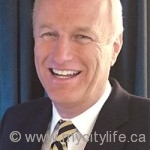
GUEST EDITOR RANDALL BELL
Randall Bell is a Los Angeles-based author and leading international expert on real estate damages. He has consulted on disasters and tragedies from the World Trade Center and Hurricane Katrina to the O.J. Simpson and JonBenét Ramsey cases. Along with his volunteer work with homeless and at-risk teens, Bell’s experience has given him a unique vantage point into human behaviour, which he draws lessons from in his latest book, Rich Habits Rich Life: The Four Cornerstones of all Great Pursuits.
www.richhabits.com
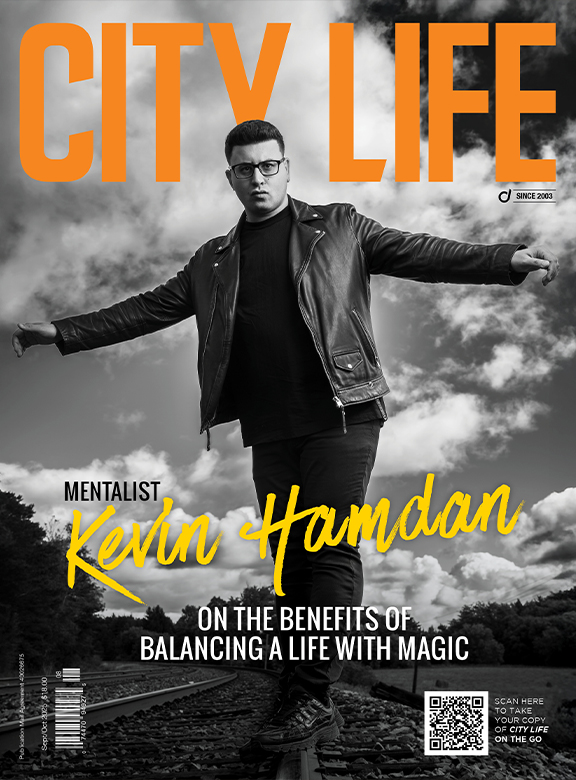
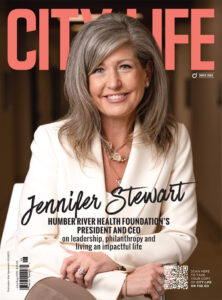








































































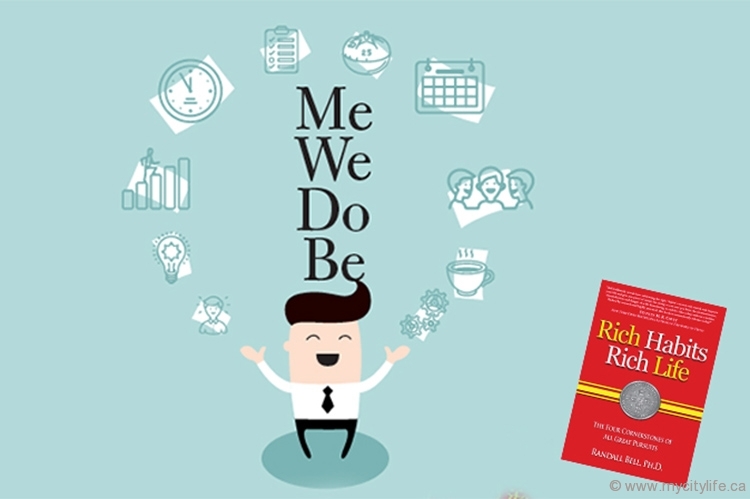



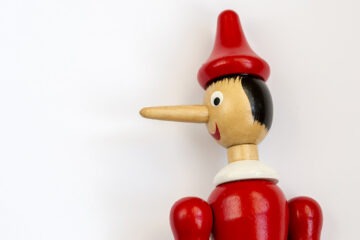
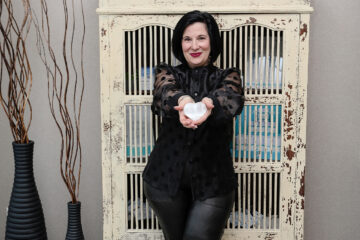
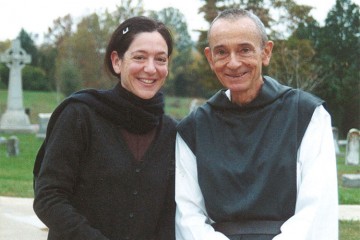
No Comment